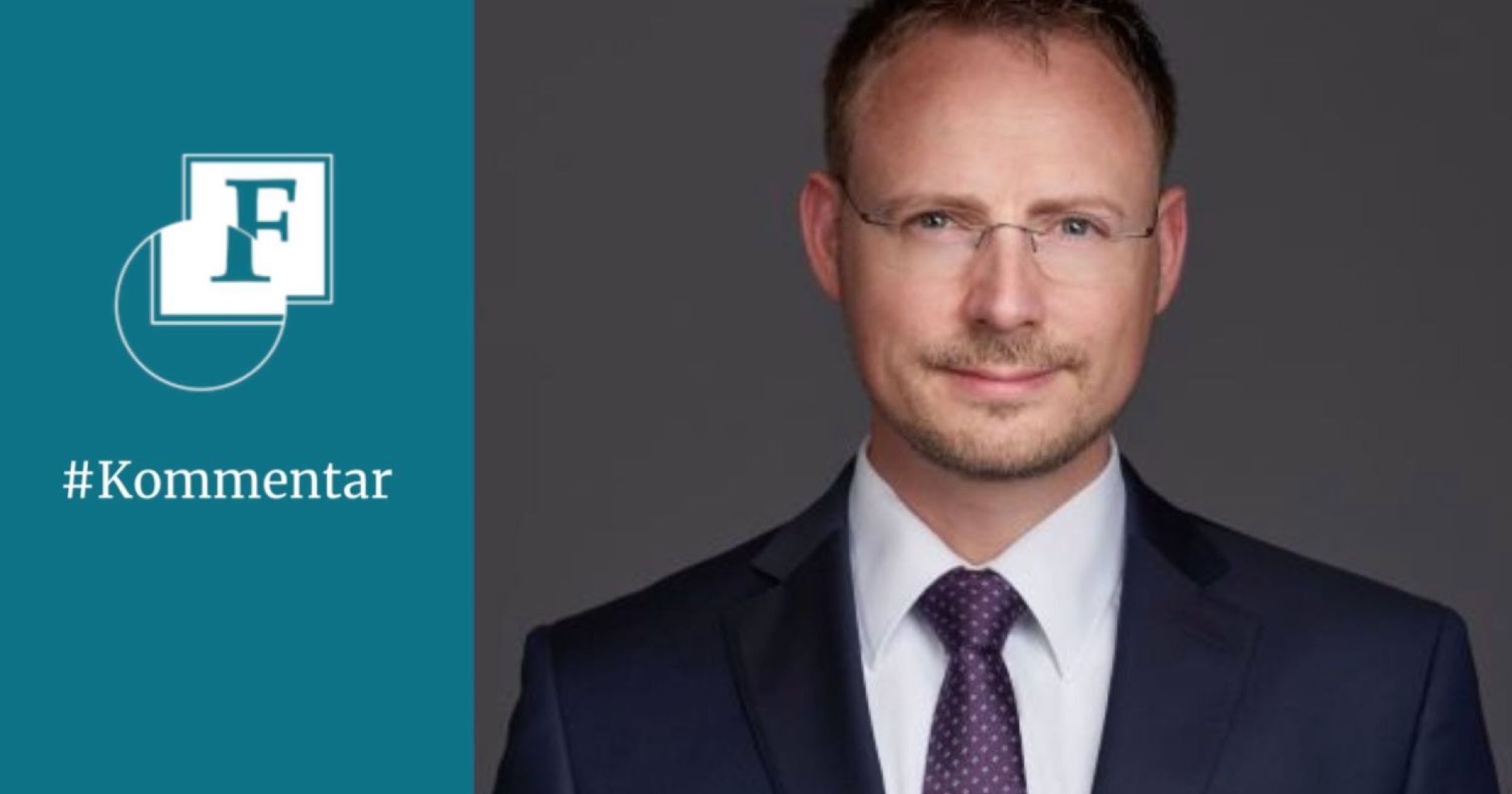The most important results of European Central Bank meeting:
- Increase key interest rates by 25 basis points
- Further rises in interest rates are unlikely
- Inflation expectations are revised upward and GDP forecasts downward
Our rating
The ECB’s interest rate decision was on a knife’s edge: a temporary hold on interest rates or a more aggressive rate hike. In the run-up to the break in dovish interest rates, we had given a slightly higher probability. Now the hawks have taken control again in the ECB Council: the deposit rate rose by 25 basis points to 4.00%, and the key refinancing rate by 25 basis points to 4.50%. The decisive factor was the increase in inflation expectations for next year from 3.0% to 3.2%. However, unlike in July, the decision is no longer unanimous. ECB President Christine Lagarde spoke of a strong majority in favor of raising interest rates, which we could put at around 60:40. In order to ensure peace in the ECB’s Governing Council, the dovish semi-declaration of the end of the interest rate hike phase was embraced by the doves. This is how we interpret the wording of the monetary policy statement: Interest rates have reached a sufficiently constrained level and will therefore contribute significantly to the timely return of the inflation rate to the inflation target. Although the future interest rate path should be determined from one meeting to the next depending on the available data, the probability of further interest rate increases is very high. Lagarde has made it clear several times that no further increases in interest rates are expected if the economic and inflation scenario materializes.
Including the latest decision, key interest rates have risen by 450 basis points since July 2022. This means that the current phase of interest rate increases equates to the steepest monetary policy tightening since 1999, or, including the Bundesbank, even in the past 50 years. (See the following figure). The impact of higher interest rates is reinforced by the simultaneous withdrawal of liquidity through the collapse of the APP and the expiration of TLTRO III transactions. Such a tightening of financing conditions cannot remain without impact on the economy. Monetary authorities have now also noticed this. They state that domestic demand is increasingly suffering from monetary policy tightening. At the same time, there is recognition of weak global demand. GDP forecasts for the current year and 2024 have been revised downward accordingly (see table below). At the same time, the President of the European Central Bank stressed that risks to the economic outlook remain in a downward direction. Also because the transmission of tighter financing conditions to economic activity is faster and stronger than in previous phases of interest rate increases. This is one of the reasons why forecasts for the third and fourth quarters of 2023 assume GDP growth of 0.0% and 0.1%, respectively, compared to the previous quarter. In June, it was 0.3% and 0.4%, respectively. However, quarterly growth rates are still expected to increase to 0.4% for 2024.
Regarding the possibility of bringing forward the end date for the reinvestment of the Pandemic Emergency Purchase Program (PEPP) from the end of next year, Lagarde said that this had not been discussed. There is no acceleration in the reduction of the application portfolio through bond sales. Currently, the bond portfolio will continue to decline by not reinvesting outstanding APP bonds.
Our view
In our view, the interest rate decision marks the end of the rate hike phase, and (core) inflation is likely to decline more sharply in the coming months than the monetary authorities expected. Therefore, further increases in interest rates will not be necessary. In addition, we assume that interest rates will fall again in the first half of 2024. Although the ECB President has stressed several times the need to keep key interest rates at the restrictive level for a sufficient period of time, we still consider the economic outlook The central bank is very optimistic. We assume that GDP will grow by just 0.3% in 2024 and that the economy will contract in the second half of 2023. If we are right, interest rates will likely be cut more quickly than the monetary authorities are currently promising – regardless of what they currently say. In recent quarters, he has demonstrated several times how quickly the ECB Council can revoke its guidelines.
Written by Jörg Angeli, Chief Economist at BANTLEON AG
Past performance results do not allow any conclusions to be drawn about the future development of the investment fund or securities. The value and return on investing in funds or securities may rise or fall. Investors may only receive less than their invested capital. Currency fluctuations may affect investment. Please note the InvFG Advertising and Offering of Shares Regulations 2011 §128 ff. The information on www.e-fundresearch.com does not constitute recommendations to buy, sell or hold securities, funds or other assets. The information on the e-fundresearch.com AG website has been carefully created. However, there may be unintentional misperceptions. Therefore, no responsibility or warranty can be assumed regarding the objectivity, correctness or completeness of the information provided. The same applies to all other websites referred to by the hyperlink. e-fundresearch.com AG declines any liability for direct, specific or other damages arising in connection with the information provided or other information made available. NewsCenter is a special form of paid advertising from e-fundresearch.com AG for asset management companies. Copyright and exclusive responsibility for the content rests with the Asset Management Company as the user of the NewsCenter advertising model. All News Center notifications are press releases or marketing communications.

“Total coffee aficionado. Travel buff. Music ninja. Bacon nerd. Beeraholic.”










More Stories
Wealthy families take more risks when it comes to money.
Salesforce and NVIDIA Form Strategic Collaboration to Drive AI Customer Innovation
Changing banks causes problems for customers